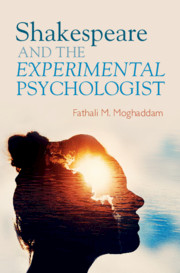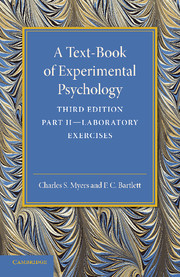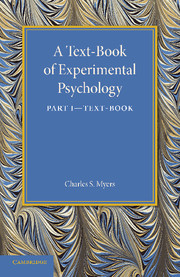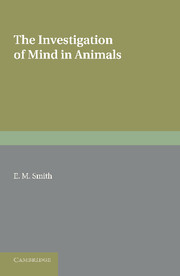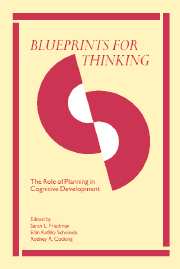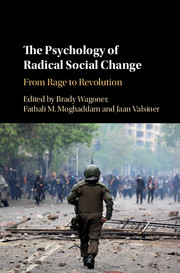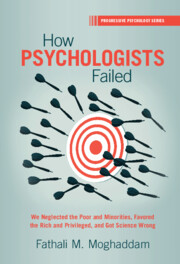Shakespeare and the Experimental Psychologist
Gain a better understanding of human behavior by exploring thought experiments in Shakespearean plays and the historical roots of experimental psychology within early modern literature. This book combines scientific psychology with English literature to discuss thought experiments in selected Shakespeare plays and examine the central role of thought experiments in the natural sciences. Thought experiments are essential for progress in scientific research. Indeed, Albert Einstein and a number of other leading scientists relied almost exclusively on thought experiments. Thought experiments also play a pivotal role in English literature, particularly in Shakespeare plays. By focussing on thought experiments and experimental psychology's place within early modern English literature, the volume establishes a more wholistic approach to understanding human behavior.
- Shows how the roots of experimental psychology can be found in early modern English literature
- Gives a wider, more accurate perspective on relations between English literature, psychology, and other social sciences
- Demonstrates the power of thought experiments in Shakespeare plays, as well as in both the humanities and social sciences in general
Reviews & endorsements
‘Moghaddam here profitably uses the tools of experimental psychology to re-read Shakespeare’s dramatic structures. Recasting Hamlet and Prospero as researchers running human field studies, and reading Macbeth and King Lear as failed behavioral thought experiments, Moghaddam employs science’s early and recent experimental models to powerfully reimagine the organizing principles of Shakespeare’s plays.’ Elizabeth Hodgson, Professor of English, University of British Columbia, Vancouver
‘The play is indeed the thing to catch the conscience of the king, as Shakespeare wrote in Hamlet. And in this creative, eye-opening, and entertaining book, his plays are bound to capture the conscience of contemporary experimental psychologists and every other scientist who thinks of the humanities as a distant shore.’ Richard A. Shweder, Harold Higgins Swift Distinguished Service Professor, University of Chicago
‘By exploring the historical roots of experimental psychology through his discussions of thought experiments in Shakespeare's plays, Moghaddam has demonstrated the importance of breaking out of disciplinary boundaries for deeper and better explanations of human behavior.’ Philip G. Zimbardo, Professor Emeritus of Psychology, Stanford University, California, and author of The Lucifer Effect
Product details
June 2021Paperback
9781108798365
200 pages
228 × 150 × 11 mm
0.34kg
Available
Table of Contents
- Preface
- Acknowledgements
- 1. Introducing Shakespeare's psychological thought experiments
- 2. Experimental research
- Part I. Thought Experiments Involving Plays within Plays:
- 3. Hamlet
- 4. Henry IV-Part- I
- Part II. Thought Experiments and the Power of Context:
- 5. The Tempest
- 6. As You Like It
- 7. King Lear
- 8. Othello
- 9. Richard III
- 10. Macbeth
- 11. Julius Caesar.

